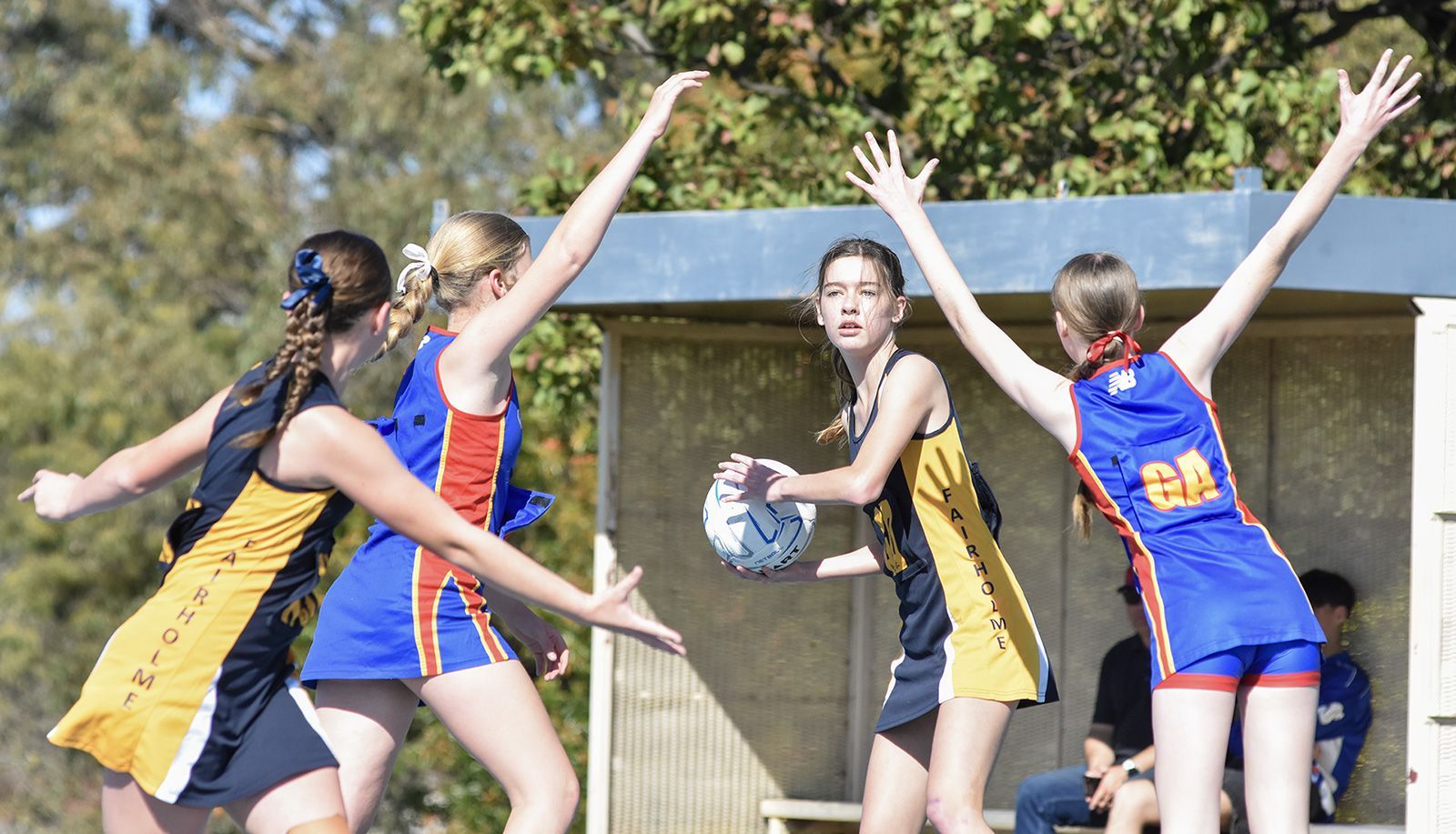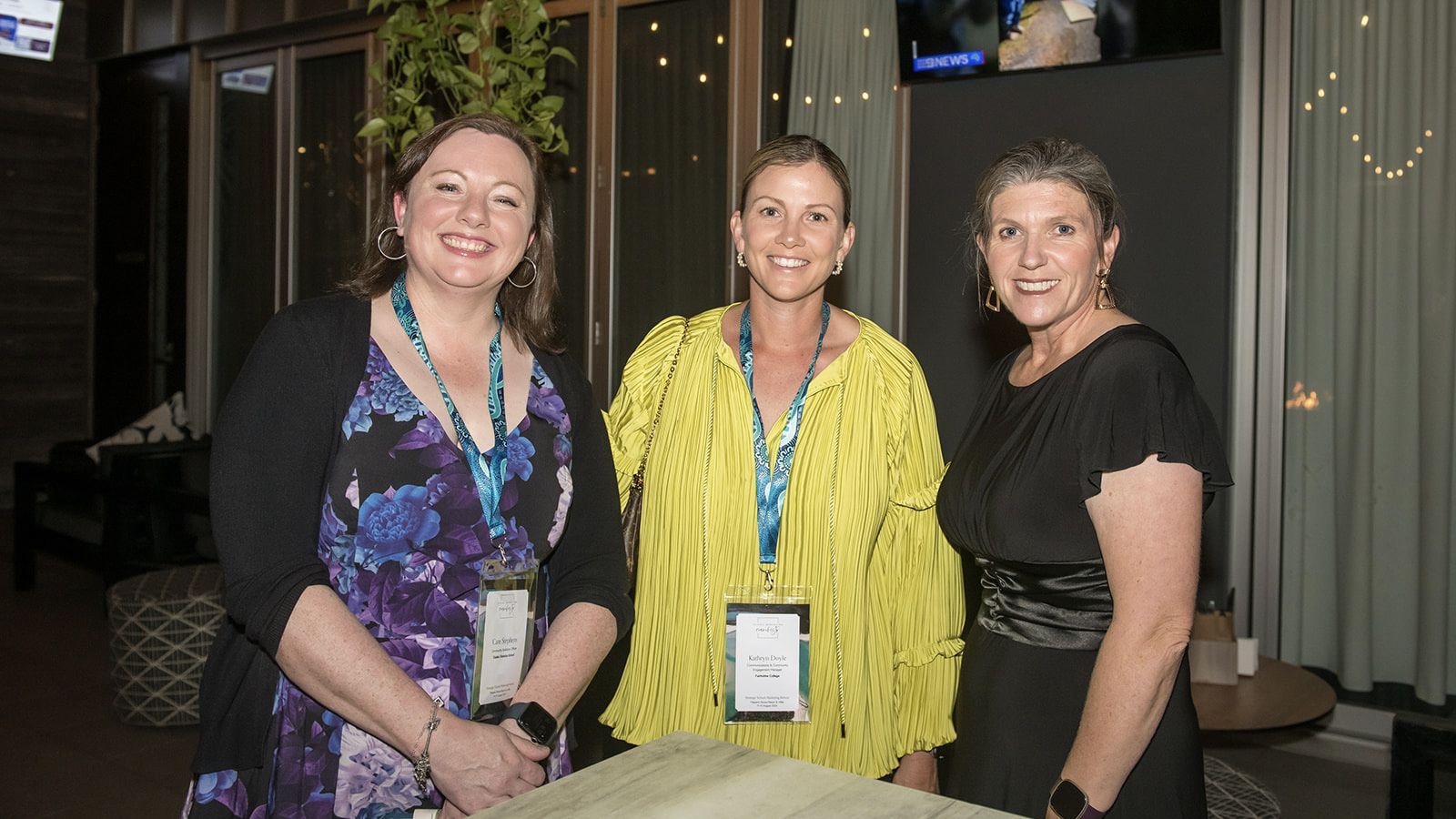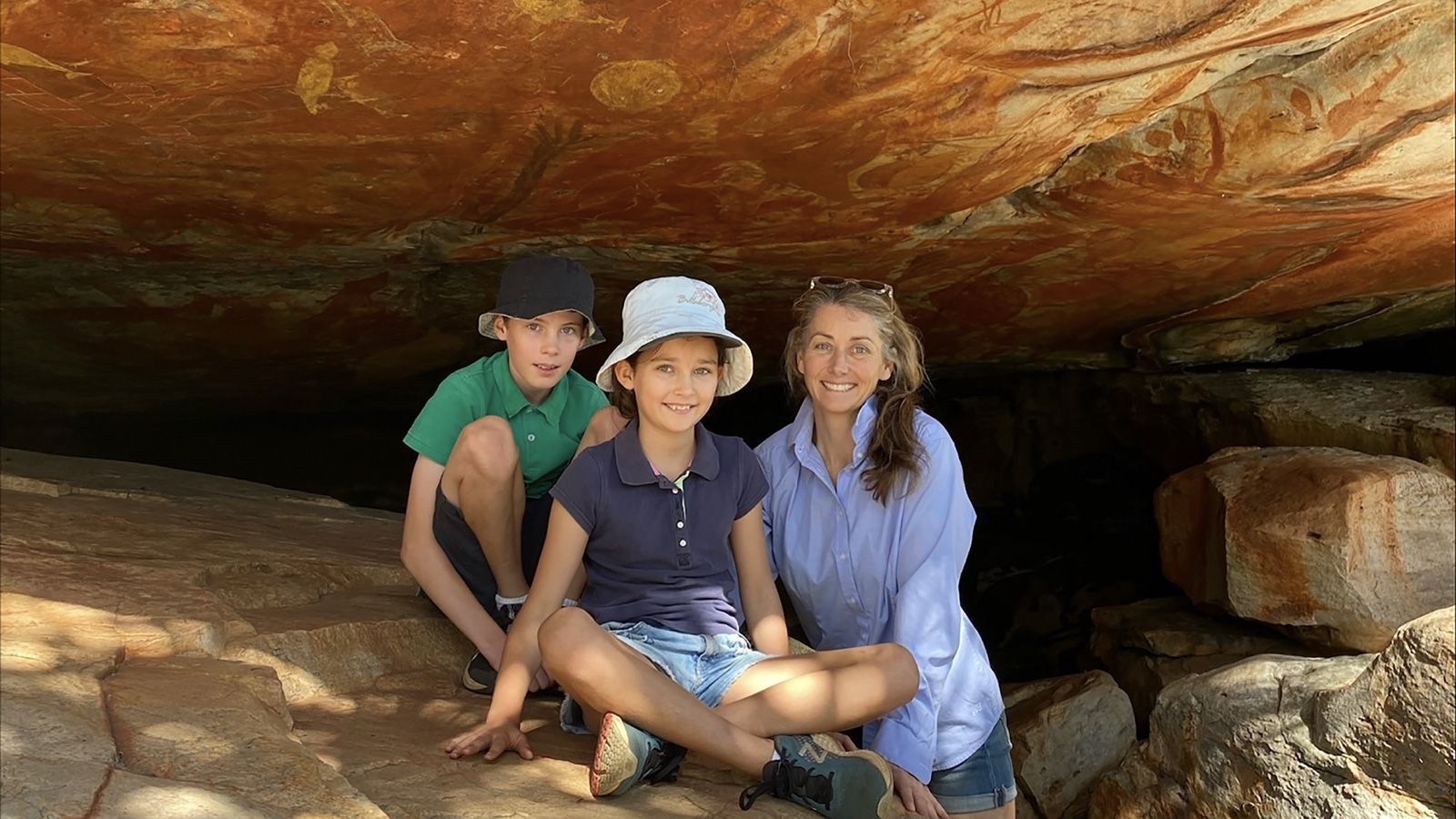Are You Listening?
“When adults offer up a solution too quickly,” notes Isla, a 15-year-old, “it feels like they’re not really listening or understanding what I’m going through.” (Damour 2020)
My mother is a great listener: what a gift. At various moments in my life, I have also been the beneficiary of that privilege from friends and even health practitioners who have exacted the practice of listening. Archie Roach, in his autobiography ‘Tell Me Why: The Story of My Life and My Music’ tells of the importance of listening deeply. According to Roach, getting rid of all thoughts and noise allows us to hear ‘the truth, the truth which lies on the wind.’ Nonetheless, when we are working with a dysregulated adolescent, the idea of listening deeply takes on a different dimension – impossibility comes to mind. In writing of this very challenge, the Newport Academy explains why listening, or being in conversation with a heightened adolescent can be a fraught experience. Because:
- Your teenager might not want to talk at all.
- Your teenager is finding it hard to empathise with your perspective.
- Conversations with your teen quickly lose focus and devolve into conflict.
- You or your teen are afraid to express what you truly feel.
Welcome to parenting through adolescence: that complex, fraught, challenging passage from childhood to adulthood. It may seem self-evident that one cannot become an adult without first being an adolescent, but it is a truism, nonetheless. You can’t sidestep the inevitable separation of parent from your child: you have to let go. They have to see themselves as separate entities and they have to make choices and face consequences. Without this, your child cannot step across the threshold into independence. How do we allow our adolescents to make autonomous and wise decisions when we know they want to test boundaries; risk take and experiment? How do we stop ourselves from compromising our own expectations in the thirst for alignment or even some peace with our children? After all, the thing they need most from us is permission to be autonomous; to be secure in the knowledge that we ourselves are confident adults, able to set clear boundaries.
Older kids … are going through a process of separating themselves from their parents, shaping who they will be apart from us. In order to do that, they need a certain amount of autonomy, room to stretch, take risks, try things out, and grow. There’s research that reveals kids who are more controlled by their parents lie to [them] more. If we don’t give them room [to separate], they will create it, even through deceit. (Lahey, 2016)
Sometimes, we are told, all too often, and with all too much emphasis, that we are ‘the worst parents on earth’, or ‘that everyone else is allowed to ….’ or we are met with an exaggerated eye roll, the curt conclusion to a phone conversation or a closed bedroom door. At such times we wonder what we have done to attract such a response. We wonder if this reaction is unique to us - because it certainly feels that way. Yet, you are not alone.
More than a decade ago, my freshly nineteen year old daughter (still in the throes of intermittent and perhaps frequent adolescent behaviour) was studying for a semester at San Jose State University. Whilst the costs were shared between us, the bulk fell (no surprise) upon us, her parents. At times it felt that we were giving her far too much through this privilege. Conversely, at other times, we delighted in her growth in global awareness, the international connections and friendships she forged, and her courage in undertaking study overseas. It wasn’t a cheap exercise and when her semester ended, she was keen to holiday a little longer, on our purse strings. She had run out of money, entirely, despite her assurance just weeks before that she had plenty left over. We were torn, torn between denying her ‘a once-in-a-lifetime’ opportunity and drawing a line in the sand. Yet, we chose to draw a line in the sand. We resisted the urge to align with her, or to briefly enjoy feeling close and generous. It cost money to rebook her an earlier flight home - which seemed counterintuitive, but we felt compelled to make it clear that the parent bank was not limitless. It felt mean and it also felt appropriate. Was it the right action? Who knows? We don’t get a trial run at parenting. Years on, she remains deeply grateful for the San Jose experience and, surprisingly, she never resented the early flight home, she actually accepted our reasoning. Amazing! Sometimes hard decisions reap surprisingly positive rewards.
When Sue Chandler from Transformative Schools met with our Year 12 parents recently, she spoke a lot about how best to frame conversations with our autonomy-seeking adolescents. There were reminders about utilising initial ‘I’ statements to frame frustrations or concerns:
“I’ve noticed that…”
“…you’ve been finding it hard to get up in the morning…”
“…you didn’t get the jobs done that I asked you to…”
“…you were really short with me in the car this morning…”
“…you don’t seem yourself…”
Finish by asking, “Can you fill me in?” or “What’s going on?”
Further, Sue suggests that you let your daughter know why you are bringing up the problem. Share your concerns and be specific – Is it about her learning? Is it about friends? Is it about school or family expectations? Has the family dynamic shifted significantly?
“So, the thing is…” or “I’m worried that…” or “If this was to continue, my concern is…”
Frame the problem: “I wonder if there is a way, we can address…(your concern)…AND…(my concern)?”
Give your daughter first go. “Do you have any ideas?” Provide help if needed or ask if you can offer some suggestions. Any idea is a good idea. Litmus test: Does it address the concern for both your daughter and for you? Finally, agree on a solution worth trying.
Oh, if it were that simple! It’s not – it is parenting after all. But those small steps in framing conversations even just a little differently, remembering that our tone of voice often matters more than our actual words, along with utilising the Archie Roach deep listening methodology, when combined, do make an effective recipe for positive communication. Damour (2020) reminds us that “much of what bothers [adolescents] cannot be solved. We can’t fix their broken hearts, prevent their social dramas, or do anything about the fact that they have three huge tests scheduled for the same day. But having a problem is not nearly so bad as feeling utterly alone with it.” Listen well but don’t take over their troubles – to do so robs them of the gift of autonomy.
Dr Linda Evans | Principal
REFERENCES
Newport Academy.
Damour, L. (2020). The New York Times
Lahey, J. (2016). The Gift of Failure: How the Best Parents Learn to Let Go So Their Children Can Succeed. New York. NY. Harper Collins
Ward, D. (2022).
More News

More News…






